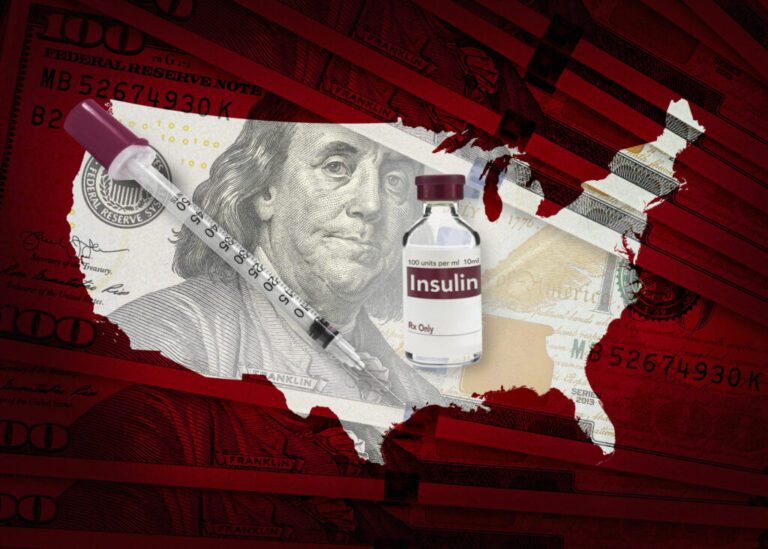The Urgent Need for Insulin Price Caps: A Perspective on Type 1 Diabetes Management
Introduction
Living with Type 1 diabetes involves constant vigilance, especially when it comes to managing blood sugar levels and ensuring access to insulin and related supplies. For many, like a 36-year-old mother raising a toddler, this daily struggle is amplified by the financial burden associated with medical necessities.
The Financial Strain of Diabetes Care
Individuals managing Type 1 diabetes often face exorbitant costs for insulin and essential supplies. The continuous pressure to monitor one’s health can lead to overwhelming stress, as a lapse in care could result in serious health consequences, including emergency medical treatment.
“Insulin isn’t some luxury item. Neither are the supplies that keep me stable,” she remarked, emphasizing the dire financial realities faced by many in similar situations. This reality often dictates significant life decisions, hindering opportunities for career advancement or education due to the fear of losing necessary medical care.
The Contrast with Global Standards
In stark contrast to the United States, many developed nations provide insulin and diabetes management supplies at little or no cost, leading to a preventable tragedy where individuals die from rationing essential medication. As healthcare inequality persists, such situations underline the urgent need for systemic reform.
Recent Legislative Efforts
The Biden Administration took steps towards addressing this crisis by capping insulin prices for Medicare recipients through the Inflation Reduction Act of 2022. However, this cap does not encompass the broader population, leaving many individuals to navigate the high costs of diabetes care without support. The future of this legislation is uncertain, particularly with shifting political landscapes.
A Beacon of Hope in Nevada
In Nevada, a proactive approach is emerging, signified by the introduction of a bill by Democratic Assembly Speaker Steve Yeager aimed at capping insulin prices for those with private insurance. This initiative reflects an understanding of the urgent need for affordability in healthcare, prioritizing patient survival over profits.
“It’s about survival,” Yeager’s effort signals to constituents that lawmakers are increasingly recognizing the importance of accessible healthcare solutions.
Demand for Comprehensive Healthcare Reform
There is a growing consensus that caps on insulin prices and comprehensive coverage for diabetes care—including necessary supplies and consultations—are essential. Advocates emphasize that these measures are not merely handouts, but rather a moral obligation to ensure that individuals are not forced to choose between financial stability and their health.
As one mother expressed, “I don’t want to become another headline about a woman who died young because the system made her choose between her health and her bills.” This highlights the need for a healthcare system that supports rather than penalizes responsible health management.
Conclusion
The ongoing struggle for affordable healthcare in the U.S. specifically affects individuals with chronic conditions like Type 1 diabetes. Legislative initiatives like the one underway in Nevada offer a glimmer of hope amid an otherwise challenging landscape. As public awareness and advocacy grow, there is potential for meaningful change, benefiting not just individuals with diabetes, but society as a whole.


